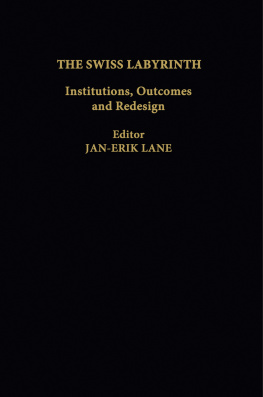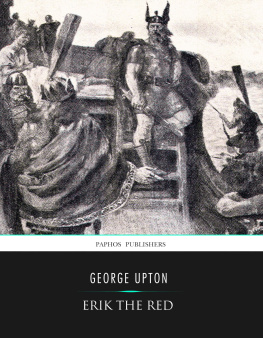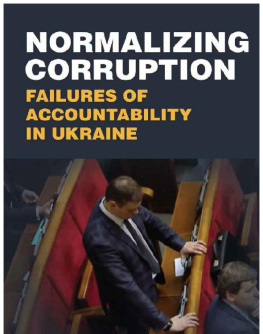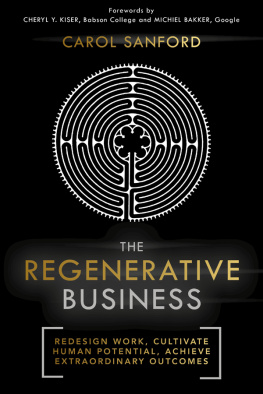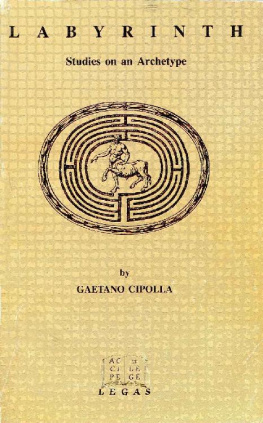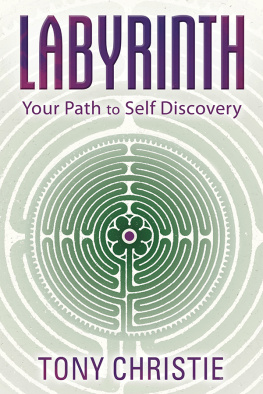THE SWISS LABYRINTH
BOOKS OF RELATED INTEREST
Europeanised Politics? European Integration and National Political Systems
edited by Klaus H. Goetz and Simon Hix
Recasting European Welfare States
edited by Maurizio Ferrera and Martin Rhodes
The Changing French Political System
edited by Robert Elgie
Compounded Representation in West European Federations
edited by Joanne B. Brzinski, Thomas D. Lancaster and Christian Tuschhoff
Politics and Policy in Democratic Spain: No Longer Different?
edited by Paul Heywood
Britain in the Nineties: The Politics of Paradox
edited by Hugh Berrington
Crisis and Transition in Italian Politics
edited by Martin Bull and Martin Rhodes
Southern European Welfare States: Between Crisis and Reform
edited by Martin Rhodes
The Euro-Mediterranean Partnership: Political and Economic Perspectives
edited by Richard Gillespie
The State in Western Europe: Retreat or Redefinition?
edited by Wolfgang C. Mller and Vincent Wright
The Regions and the European Community
edited by Robert Leonardi
The Regional Dimension of the European Union
edited by Charlie Jeffery
National Parliaments and the European Union
edited by Philip Norton (new in paperback)
The Crisis of Representation in Europe
edited by Jack Hayward
The Politics of Immigration in Western Europe
edited by Martin Baldwin-Edwards and Martin A. Schain
THE SWISS LABYRINTH
Institutions, Outcomes and Redesign
Editor
JAN-ERIK LANE
First Published in 2001 by
FRANK CASS PUBLISHERS
Published 2013 by Routledge
2 Park Square, Milton Park, Abingdon, Oxon OX14 4RN
711 Third Avenue, New York, NY, 10017, USA
Routledge is an imprint of the Taylor & Francis Group, an informa business
Copyright 2001 Frank Cass Publishers
British Library Cataloguing in Publication Data
The Swiss labyrinth : institutions, outcomes and redesign
1. Switzerland Politics and government 1945
I. Lane, Jan-Erik
320.9494
Library of Congress Cataloging-in-Publication Data
The Swiss labyrinth : institutions, outcomes, and redesign / editor,
Jan-Erik Lane.
p. cm.
This group of studies first appeared in a special issue of West European politics (ISSN 0140-2382) vol. 24, no. 2 (April 2001) T.p. verso.
Includes bibliographical references and index.
1. Switzerland Politics and government 1945. 2.
Switzerland Economic policy. I. Lane, Jan-Erik.
JN8781 .S95 2001
306.209494dc21
2001028471
ISBN 13: 978-0-714-65142-2 (hbk)
This group of studies first appeared in a Special Issue of
West European Politics (ISSN 0140-2382) Vol.24, No.2 (April 2001),
[The Swiss Labyrinth: Institutions, Outcomes and Redesign].
All rights reserved. No part of this publication may be reproduced, stored in or introduced into a retrieval system, or transmitted, in any form, or by any means, electronic, mechanical, photocopying, recording, or otherwise, without the prior written permission of the publisher of this book.
Contents
Jan-Erik Lane |
Ulrich Klti |
Yannis Papadopoulos |
Hanspeter Kriesi |
Christine Rothmayr |
Wolf Linder and Adrian Vatter |
Andreas Ladner |
Klaus Armingeon |
Jan-Erik Lane and Reinert Maeland |
Jan-Erik Lane |
Cdric Dupont and Pascal Sciarini |
THE SWISS PARTY SYSTEM AND ABBREVIATIONS
FDP | Liberal Democratic Party |
CVP | Christian Democratic Party |
SPS | Socialist Party |
SVP | Democratic Union of the Centre |
LPS | Swiss Liberal Party |
LdU | Independents |
EVP | Evangelical Peoples Party |
PDA | Labour Party (GE incl. Solidarits) |
GPS | Green Party of Switzerland |
SD | Swiss Democrats |
FPS | Freedom Party of Switzerland |
SWISS CANTONS AND ABBREVIATIONS
AG | Aargau |
AR | Appenzell A. Rhein |
AI | Appenzell I. Rhein |
BL | Basel-Country |
BS | Basel-City |
BE | Berne |
FR | Fribourg |
GE | Geneva |
GL | Glarus |
GR | Graubnden |
JU | Jura |
LU | Lucerne |
NE | Neuchtel |
NW | Nidwalden |
OW | Obwalden |
SH | Schaffhausen |
SZ | Schwyz |
SO | Solothurn |
SG | St Gallen |
TI | Ticino |
TG | Thurgau |
UR | Uri |
VS | Valais |
VD | Vaud |
ZG | Zug |
ZH | Zurich |
MAP OF CANTONS
JAN-ERIK LANE
Switzerland, a labyrinth of political institutions, is an interesting laboratory for institutional research. There are so many political institutions in use that each one is enough for a book. Thus, the referendum, Swiss federalism and the grand coalition have been much discussed. Equally interesting are Swiss corporatism, the Central Bank and the Federal Supreme Court as well as the electoral system, which has both proportional and majoritarian techniques.
What does it all add up to? we have to ask when interpreting Swiss politics from a macro perspective. We are all familiar with the key concepts that scholars have suggested: plebiscitary democracy (Hastad), amicable agreement (Steiner), Konkordanz (Lehmbruch), consociationalism or consensus democracy (Lijphart), liberal corporatism (Katzenstein). Today, these extremely general characterisations are less helpful when approaching Swiss politics in a process of transition from splendid isolation towards a post-modern society. One leading Swiss political scientist, Hanspeter Kriesi, has even described the Swiss political system as an anachronism.

